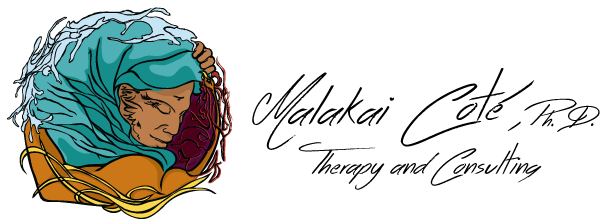In this post, I share a portion of the written testimony that addresses discrimination and violence against Asian Americans from the Asian American Psychological Association before the US House of Representatives. The statement addresses the impact of the increase of hate crimes and incidents towards Asian Americans and racism’s impact on the well-being of Asian Americans. No one is free until we are all free.
Read moreAddressing Race-Based Stress and Trauma
In a previous post, I shared the Association of Black Psychologists’ response and support of dismantling all forms and levels of racism. Additionally, the American Psychological Association (APA) also stands against racism and hate in all forms. There is an extensive research base that draws relationships between experiences of racial discrimination and prejudice and the negative psychological, emotional, and interpersonal impacts. Not only is systemic change needed to address vast health disparities and other social determinants of health, but we also need to address the current race-based traumatic injuries.
How do we do this?
Do not suppress or pretend, get real with your feelings.
Use emotional signals to recognize what hurts and what might need tending.
Anger, rage, frustration, and pain can all be emotions and experiences that indicate that change and transformation are needed. These emotions can also spark active coping strategies and provide direction for change.
Find supportive spaces to experience and share all of the feels. This could be with trusted family members, friends, faith community members, influencers, or mental health providers. Some folks may choose to engage in advocacy and protest to feel solidarity and support change processes. Not everyone is an activist or feels comfortable being in the streets protesting. That is okay. There are a variety of ways to address social change efforts.
Fortify your emotional, physical, and psychological self through individual and/or collective healing actions. Attend to the basics of wellness (physical activity, adequate sleep, and nourishing nutrition).
If feelings become too overwhelming and a person notices that it is much more difficult than typical to engage in your daily life responsibilities, it might be helpful to check-in with a mental health professional who has experience supporting folks through oppression-based stressors.
Be creative and flexible when finding ways to cope. Some people choose active ways of engaging and others more passive. Some folks may also engage in collective means of healing while others more individual. It’s about finding the ways that make the most sense for you.
Other Information: https://www.apa.org/news/events/my-brothers-keeper
Our Protest is Our Breath
This post includes a statement from the Association of Black Psychologists addressing the racism pandemic which includes race-based aggression and violence perpetrated against Black people.
Read more
